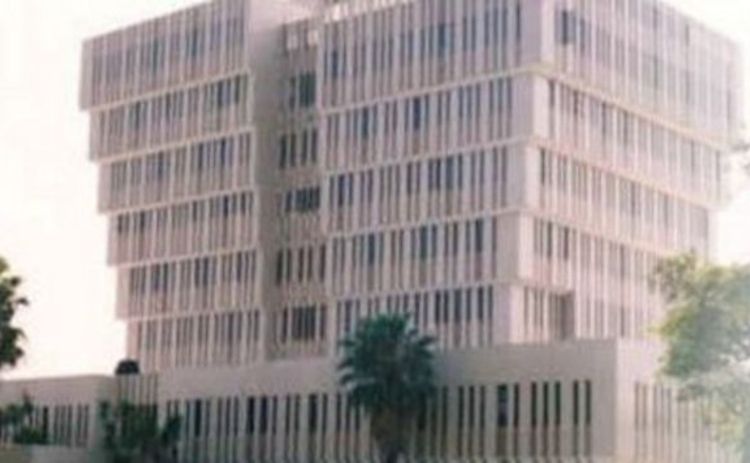By Burnett Munthali
The theory of devaluation is that it occurs when a country creates a downward adjustment of its currency value to balance trade. Devaluing a currency reduces the cost of a country’s exports and makes imports less attractive. As exports increase and imports decrease, there is typically a better balance of payments as the trade deficit shrinks.
Impact
Devaluation can result in an increase in the prices of products and services over time. The increase in the price of imports causes consumers to purchase their goods from domestic industries. The amount of the price increases, however, is dependent on the competition of supply and aggregate demand. In a more confusing manner, Malawi is experiencing the rising cost of living in both domestic products and imports. A packet of sugar has now risen to MWK2, 750 in Chipiku Stores, one of the cheapest chain stores throughout the country.
Devaluing a currency is usually an economic policy, whereby devaluation makes a currency weaker compared to other currencies, which would boost exports, close the gap on trade deficits, and shrink the cost of interest payments on government debt.
Does Malawi have good reasons for devaluing its currency?

Malawi’s Official Reserves Are Now Less Than $300 Million
The latest devaluation is aimed at correcting supply-demand imbalances and countering arbitrage opportunities that have arisen in the market, according to a statement signed by Governor Wilson Banda.
As such, exchange rate devaluation (depreciation) tends to raise the price of locally manufactured goods and services, thus invokes imported inflation. Unfortunately, Malawi doesn’t have manufacturing industries and the country continues to depend on importation of goods from outside thereby solving nothing at the end of this economic equation.
The disadvantages of depreciating exchange rate is that it can cause foreign imports to appear more expensive on domestic markets, and decrease purchasing power in foreign markets. This can encourage domestic consumption but that is not always possible if some goods simply are not available domestically. However, in the case of Malawi, everything is becoming very expensive. In fact, I even wonder that local products are the ones that are more expensive than imported goods.
Conclusion
In May 2022, the Malawian kwacha was devalued up to 25 percent against the U.S. dollar, a development the central bank governor said would “allow the exchange rate to adjust to a market-determined clearing position with a view of endorsing a flexible exchange rate that reflects market fundamentals.”
In what government said they would like to help address macroeconomic challenges, the Reserve Bank of Malawi devalued the national currency, the Malawi kwacha, by 44 percent in early November 2023; as of 24 November, the Malawi kwacha was trading at MWK 1 685/USD 1, compared to MWK 1 116 in late October 2023.
By devaluing its currency, a country makes its money cheaper and boosts exports, rendering them more competitive in the global market. Conversely, foreign products become more expensive, so the demand for imports falls. Governments use devaluation to combat a trade imbalance and have exports exceed imports. But which exports are being boosted on the global market for Malawi? Obviously, the answer is zero. Has the demands for imports fallen in the country? The demand for imports continues to rise in Malawi, the country keeps importing more and more while we are failing to manufacture and export.


